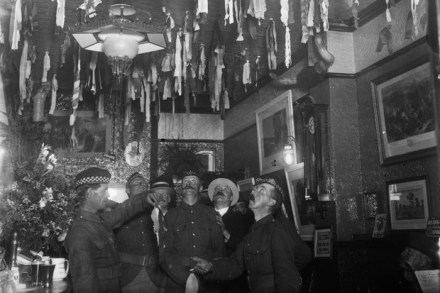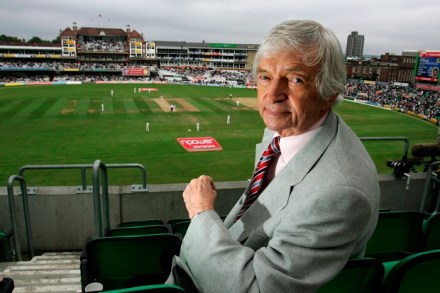How taxing their benefits could help people with disabilities
Close your eyes for a moment and place an image in your mind of the sort of person who needs to claim state benefit for their disability. The most common picture is someone almost destitute, reliant on the benefit just to function in their day to day life, likely to be claiming a multitude of other entitlements; the sort of person who won’t ever be able to derive a normal income. Whisper it: the majority of people claiming Disability Living Allowance are the sharp elbowed middle classes, with incomes placing them in the top half of those in the UK. Amongst pensioners, arguably those who need the most help with their

















